Six words that hide animal cruelty
14 April 2015
By David Neale, Animals Asia's Animal Welfare Director
If we are to afford animals the lives and respect they deserve, then it's not enough just to think differently about them – we have to speak differently too.
Words can have a defining impact upon us. Cruelty can hide behind language. Without additional thought as to what is really happening – it can be too easy to dismiss or overlook suffering.
The power of words can therefore influence our perspective and values – including our acceptance of the way in which animals are treated.
1. Vermin 2. Pest
The words "vermin" and "pest" are often used for animals such as rats. Society accepts that these words have negative connotations which are passed onto the animals themselves.
This leads to a general acceptance of inhumane killing methods such as the use of poisons and traps – methods that would not be acceptable for other species. Most chemical rat poison works by disrupting the coagulating process of the animal's blood. Large doses can damage blood vessels causing them to leak, ultimately resulting in death through internal bleeding.
Yet rats are sentient animals who can suffer both physically and psychologically just like any other species. However society in general would not accept the mass use of poisons, which deliberately inflict untold suffering on millions of individual animals, if the species in question was a dog or a cat.
3. Cull
The word "cull" is used when a population of animals is deemed to be too large for its current environment, or a disease outbreak has occurred or is suspected within an animal population.
The word is synonymous with the word "kill" and used to make the action more politically and socially acceptable.
This is particularly relevant during times of disease outbreak where governments must be seen to take prompt action to prevent the spread of a disease which may endanger human lives.
In these circumstances, methods of killing animals (including burying animals alive in some cases) are often deployed which would generate moral outrage under different circumstances. To prevent such outrage, "kill" becomes "cull" to soften the impact. Yet the same process has happened, in most cases a perfectly healthy animal has been killed because its life had little or no value to us.
4. Agricultural Animals 5. Production Units 6. Economic Losses
On intensive farms, animals are often referred to as "agricultural animals" and "production units", each with an economic value to the farmer. The use of the word "agricultural" before the word "animal" helps to distance us from the individuals that are part of the farming process.
This paves the way for animal deaths to be referred to and calculated as economic losses and helps us to distance ourselves from the act of raising an animal in deplorable conditions and subjecting it to countless situations which can cause suffering, pain and death.
Below is an extract from a December 2014 edition of online magazine "The Poultry Site":
"Mortality in broiler flocks represents lost income to growers and integrators alike. Even though mortality is an everyday part of broiler production, growers should tailor management programs to reduce its overall effect on flock performance. An aggressive culling program early in each flock that humanely removes substandard birds as they appear can improve overall flock uniformity and performance with a minimal negative effect on feed conversion ratio."
The words used in this paragraph utterly distance us from the reality – the fact that we are referring to sentient animals who feel pain and suffer from fear and distress. They represent an industry that has lost any moral value for the individuals unfortunate enough to be born into it.
Think about what the words really mean…
We all consciously and sub-consciously assign moral values to certain species. This moral ladder is used to justify our actions and shape our moral outrage or acceptance of the use of animals in certain situations.
During this evaluation process, we should not allow the above mentioned terms to influence us into accepting poorer welfare and suffering for species which society has deemed as pests, those being killed as part of a "sustainable harvest" or "culled" for reasons of "population and disease control".
In the words of American author Matthew Scully:
"If one animal's pain – say that of one's pet – is real and deserving of sympathy, then the pain of essentially identical animals is also meaningful, no matter what conventional distinctions we have made to narrow the scope of our sympathy'".

BACK
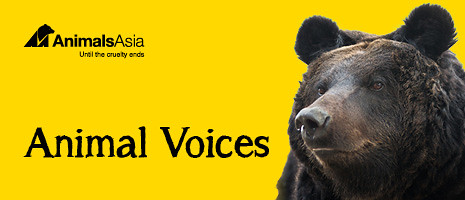
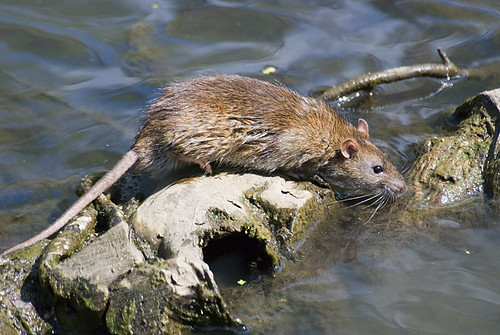
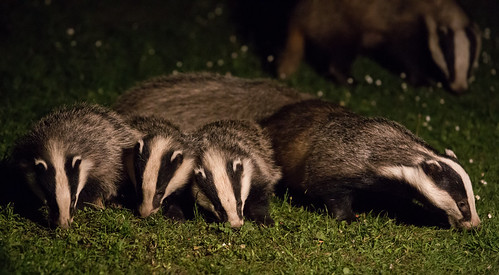
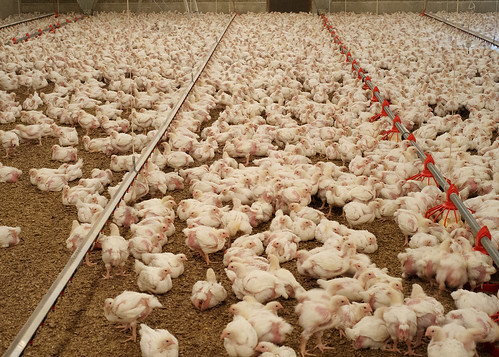




 Freedom after two decades: Moon bears Nang and Mua rescued
Freedom after two decades: Moon bears Nang and Mua rescued
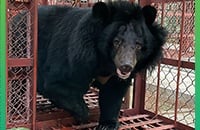 With heavy hearts we say goodbye to our beloved Tulip
With heavy hearts we say goodbye to our beloved Tulip
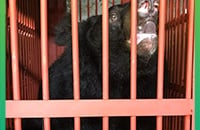 Three moon bears rescued from notorious bear bile farming hotspots in Vietnam
Three moon bears rescued from notorious bear bile farming hotspots in Vietnam